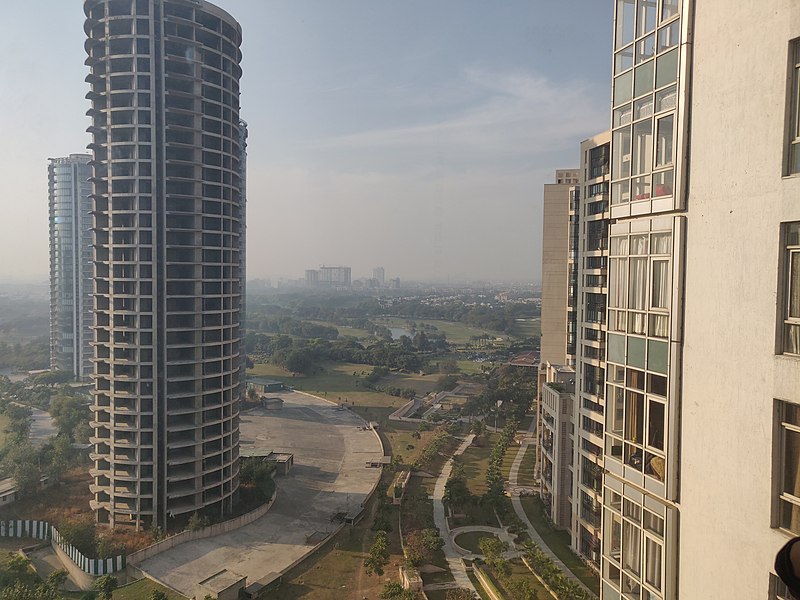

Prioritize Your Lifestyle
One of the most significant considerations when choosing a location is how it aligns with your lifestyle. Here are some questions to ask yourself:
Commute: How far are you willing to commute to work or other daily destinations? Consider proximity to your workplace, schools, and public transportation options.
Amenities: What amenities and services are essential to you? Do you want to be near shopping centers, restaurants, parks, gyms, or cultural attractions?
Schools: If you have children or plan to in the future, research the quality of schools in the area. Even if you don't have kids, the quality of nearby schools can impact property values.
Safety: Investigate the safety of the neighborhood by looking at crime rates and local safety initiatives.
Community: What type of community atmosphere do you desire? Are you looking for a bustling urban environment, a quiet suburban neighborhood, or a rural retreat?
2. Consider Your Long-Term Goals
Your current needs and preferences are essential, but it's also crucial to think long-term. Try to envision your life in the location you're considering five or ten years down the line. Think about:
Future Family Plans: Will your family size change? Do you need room to grow?
Job Stability: Consider your career prospects and whether the location supports your professional goals.
Resale Value: Think about the potential resale value of the property in the future. A desirable location often appreciates in value.
3. Research the Neighborhood
Before making a decision, delve into the details of the neighborhood. Here's how:
Visit at Different Times: Spend time in the neighborhood at different times of the day and week to get a feel for its rhythm.
Talk to Residents: Speak with current residents to gain insights into what it's like to live there.
Crime and Safety: Research crime statistics and local safety measures. Online resources and local police departments can provide valuable information.
Development Plans: Investigate any upcoming developments or infrastructure projects in the area, as they can impact the neighborhood's character and property values.
4. Real Estate Market Conditions
The real estate market can vary significantly from one location to another. Factors like supply and demand, job growth, and economic stability can influence property prices and availability. Stay informed about the local market conditions to make informed decisions.
5. Trust Your Instincts
Finally, trust your instincts and personal preferences. The right location for you should align with your values, aspirations, and the lifestyle you envision. If a place feels like home from the moment you step into it, it might just be the perfect location for your dream home.
In conclusion, choosing the right location is a critical step in finding your dream home. By considering your current needs, long-term goals, researching the neighborhood, staying informed about market conditions, and trusting your instincts, you can make a well-informed decision that leads you to a location where you'll truly feel at home. Remember that your home's location isn't just about the house itself; it's about the lifestyle and community you desire, making it one of the most important decisions you'll make in your home-buying journey.
Copyright @ Dream Chattels. All Rights Reserved Designed by Css Founder.com